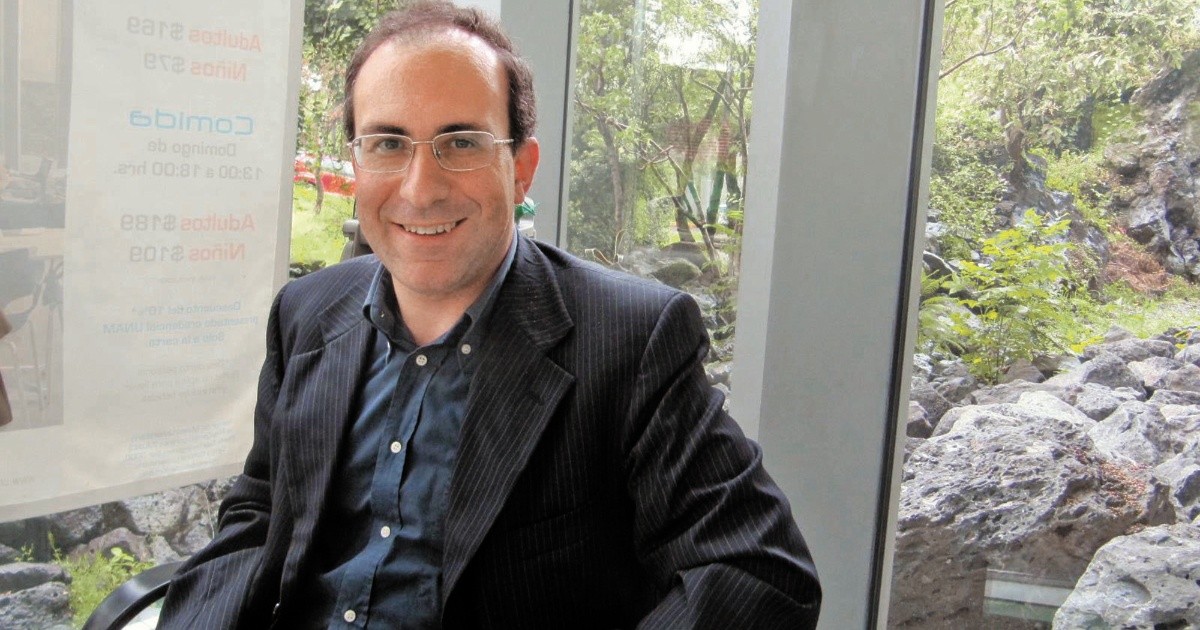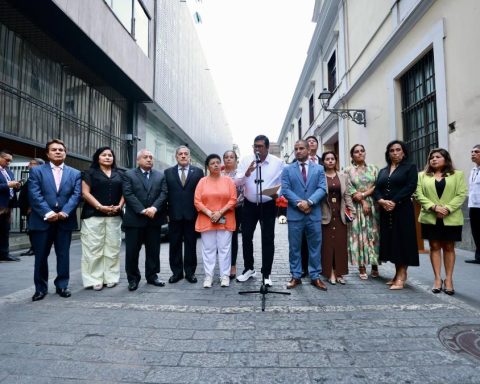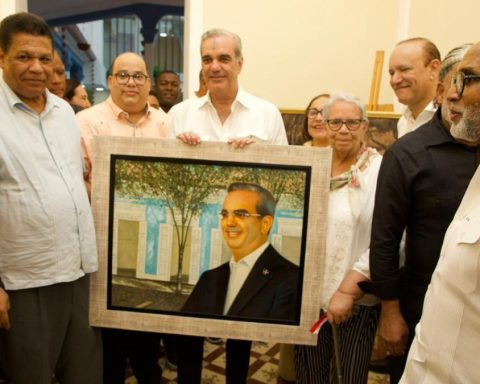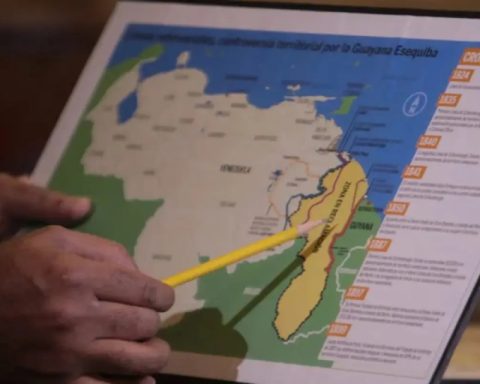We have to see how new political models are built in a system where democracies are also weakened in Europe. So, the type of democracies that are going to be built is not only a Latin American issue but a global one. We are facing several unknowns.”
Massimo de Giuseppe, historian.
Throughout Latin America, governments, feminisms, dissident movements and from the academy debates are opened on the rethinking of our history, giving way to terms such as decolonization and the deverticalization of the historical approach. From south to north, the contemporary function of colonial and masculine monuments is questioned, and in some cases the vox populi decrees and proceeds to dismantle them.
In Mexico, for example, the monument of the presumably Genoese explorer, Christopher Columbus, located in the roundabout of the same name in the downtown area of Paseo de la Reforma, was displaced in 2021 by an anti-monument imposed by feminist groups, of mothers of people disappeared and indigenous women. The conversation about how we should assimilate the history that public space tells us becomes open and horizontal in a region that is still suffering the ravages of a colonizing and Eurocentric process that began five centuries ago.
—But what happens in Europe? With what point of view is the history of Latin America studied and what place does the region occupy in the vox populi and the academy on the other side of the Atlantic?
The recent history of the Latin American region
The Economist talks via Zoom to Milan with the Italian historian Massimo de Giuseppe, specialist in contemporary Mexican and Central American history and correspondent member in Milan of the Mexican Academy of History.
“In the last 30 or 40 years there has been a comparison process between national histories in Latin America that has produced an exchange of perspectives and Mexico has a very peculiar position because it is one of the countries that has dedicated the most time and space to reviewing history to legitimize their identity. This is something that has always impressed and fascinated me about the country”, introduces De Giuseppe.
The doctor in History and researcher at the Free University of Language and Communication of Milan has just presented the Spanish version of the book Contemporary History of Latin America, edited by Turner and written by four hands together with fellow historian Gianni La Bella, after having published it in Italian in 2019.
In this work, both specialists in the history of our region propose such diverse topics that interweave the Latin American fabric, such as populism, the impact of the Cold War in the region, religious power, the violent relationship between our political classes and the peoples natives and Afro-descendants, nationalisms and even the very origin of the categorization of Latin America. Regarding the copy, he is asked:
What is the European vision of Latin America?
In studies of Latin American history in Europe, perhaps with some exceptions from Spain, he points out, “an exotic prejudice still persists, somehow. It is something distant, rare, more anthropological than historical (…) there is also a general distraction not so much from the academy but above all from the media. Today they are focused on the war in Ukraine, but two months ago if you bought an Italian newspaper, Latin America would appear from time to time, perhaps for something related to Maduro’s Venezuela or drug trafficking, but otherwise it has been outside the debate”.
However, he considers it necessary to reintroduce this debate on Latin American topics at a global level, since, he says, “it has been one of the great laboratories in the world” that allows us to understand other global phenomenologies, from urbanization to climate change, including “political experiments”.
In Spain itself, although there are more scholars of the history of our region, there are very few of the contemporary one, laments the historian, while interest in colonial history and independence movements abounds.
The US presence
Some of the Monroe Doctrine, the one decreed in 1823 by the then US president James Monroe as a condemnation of any attempt at European intervention in America (in the integral conception of the continent), which was synthesized in the phrase “America for the Americans” and also criticized as an excuse for “gringo interventionism”, still survives today, De Giuseppe assesses.
“But I have the feeling that we are in a very peculiar stage, we live without realizing something very similar to what the world lived in the 70s, a similar transition that I don’t know where it will take us. But it is no longer just a question of the relationship between countries that produce materials and those that transform them, but rather a much more complex one, which has to do with transversal financial networks, control of the nodes of trade and logistics on the planet. And within all this, I believe that Latin America, despite the media silence, with access to two oceans and a diversity of nature and resources, is the center of the great games that are opening up. And we are going to see what remains of the Monroe Doctrine after that transition stage, because Latin America is a flexible category that goes beyond the classic borders.”
Contemporary history of Latin America
- Authors: Massimo de Giuseppe and Gianni La Bella
- Edit: Turner
- Year: 2022 (to Spanish)
- Pages: 440
Traces of the name Latin America
There are different versions about the origin of the term Latin America, although the vast majority agree that it began to be used in the middle of the 19th century at both ends of the Atlantic, still as a remnant process of colonization. Several versions argue that the Catholic Church was the first to use the term in institutional documents and not only in pamphlets, although other versions attribute the place name to the regime of Napoleon III due to the interest in establishing a base in the region and displacing the Spanish trail in a region that was still known as Spanish America.















